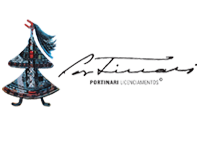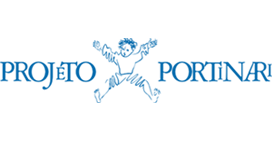General Info
The artistic calling ; his father’s encouragement; non-credit student at the Escola Nacional de Belas Artes/ENBA; Rodolfo Amoedo; Batista da Costa; his marriage to Maria Luiza; the prize trip to Europe in 1927; Galvão attends the École des Beaux-Arts in Paris; appointed to teach artistic anatomy at ENBA following his return to Brazil; teacher of painting; the selection criteria of the Salão de Belas Artes; the Salon is divided into two sections: Modern and Academic; Portinari’s joyful temperament; Alcebíades Noronha Miranda; friendship with Campofiorito; Galvão’s father backs him financially; the beginning as a teacher; the relationship among academic and modern painters; praises Rodolfo Amoedo; Eliseu Visconti; the Modern Art movement in São Paulo; Anita Malfati; Galvão studies at La Grande Chaumière academy; René Prinet; visits to modern art salons in Paris; a trip to Spain with Portinari; the modernization of the ENBA by Lúcio Costa; the incident with Capanema; the 1930 Salon; Galvão participates in the 1932 Salon; Capanema’s support; the difficulty of making a living as an artist; the Núcleo Bernardelli; writes for "Belas Artes" magazine; Oswaldo Teixeira’s authoritarianism; President Getúlio Vargas’ disinterest towards art; Portinari’s spontaneous art; Portinari's aversion to Academic Art; Lutero Vargas; Ernani de Irajá; Galvão, vice-director of the ENBA during Flexa Ribeiro's administration; Georgina de Albuquerque; Galvão runs the ENBA from 1955 to 1958; Café Filho; Juscelino Kubitschek; the lack of budget for the ENBA; the friendship between Capanema and Portinari; Getúlio Vargas' laissez-faire attitude towards the arts; Le Corbusier; Galvão runs the Museu Nacional de Belas Artes/MNBA; Galvão falls in the elevator shaft; Portinari's administrative inability; re-organization of the MNBA; Burle Marx; Guignard; Rodrigo Mello Franco de Andrade; the painting "Batalha do Avaí" ; restauration of the painting "A Primeira Missa no Brasil", by Pedro Américo ; Portinari's Academic phase; Rachel de Queiroz; Portinari revolutionizes Brazilian art; Mexican painters' influence in Portinari's murals; Portinari's illness; the change of style in Portinari's painting; the technique of fresco; "Portrait of Maria"; the decoration of the Ministério da Educação e Saúde/MES building; Picasso's influence in Portinari's art; the Academism in "Portrait of Olegário Mariano"; Portinari's stories.
























































